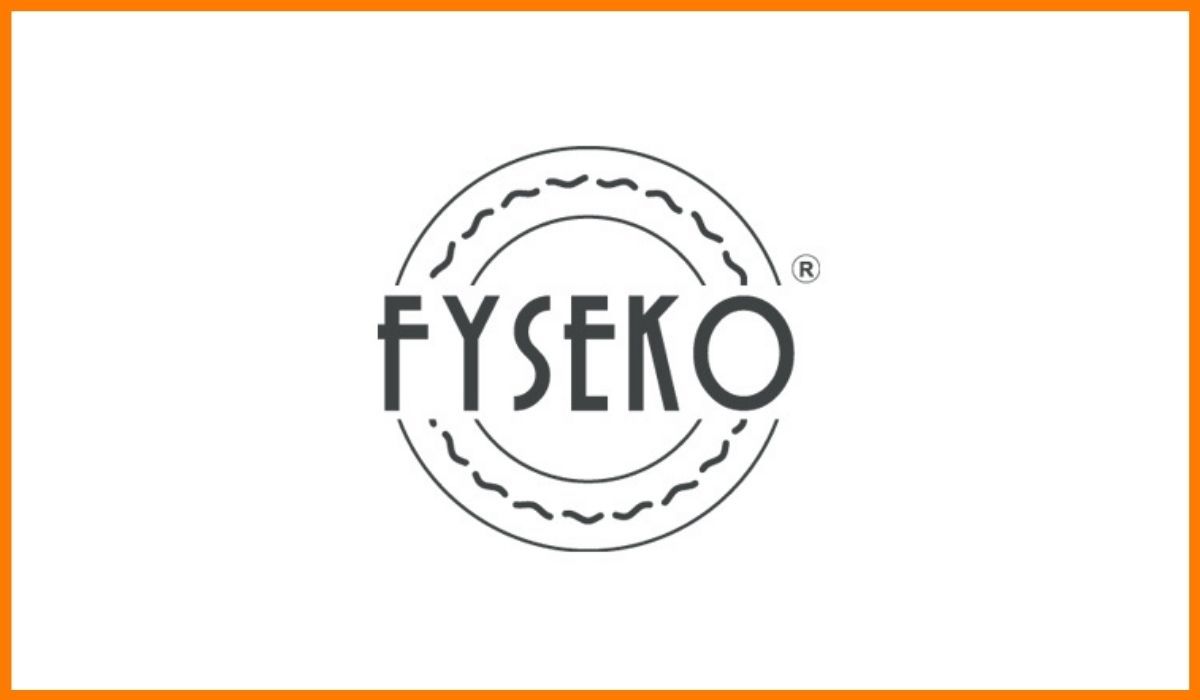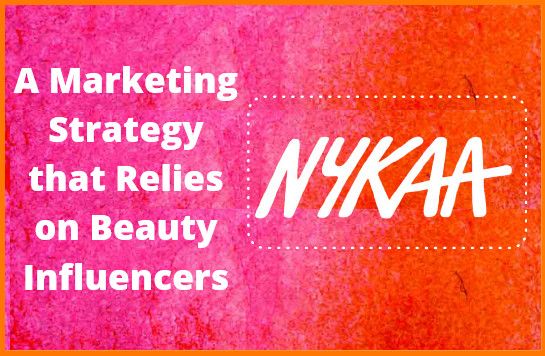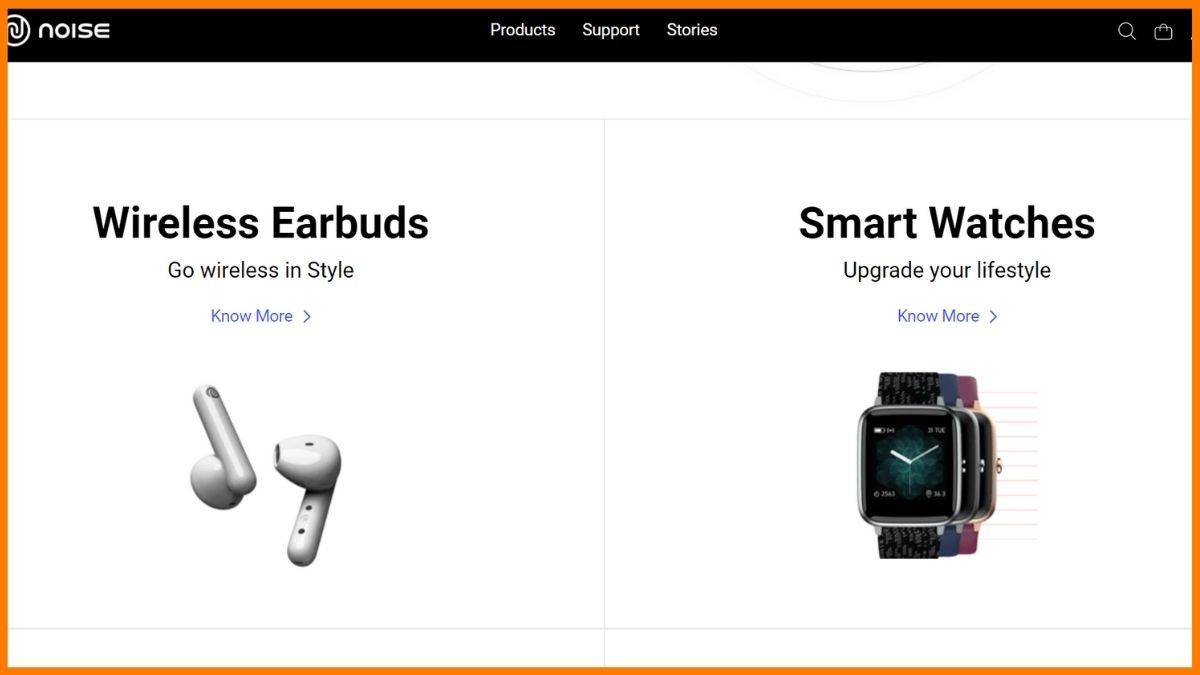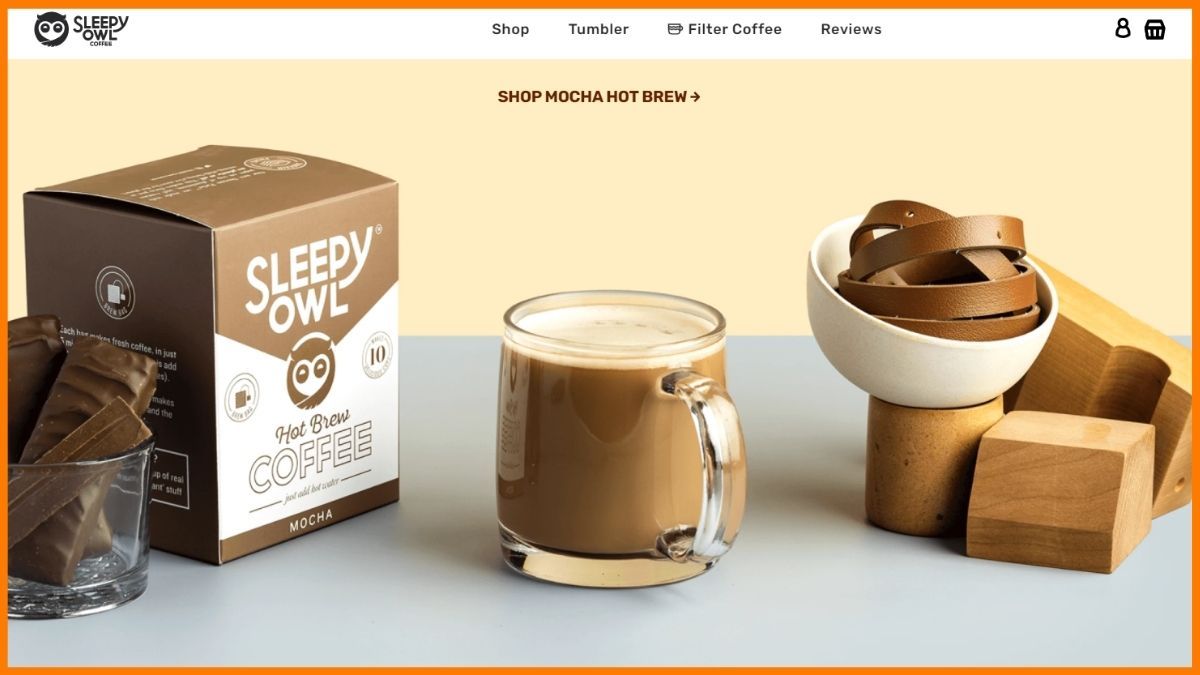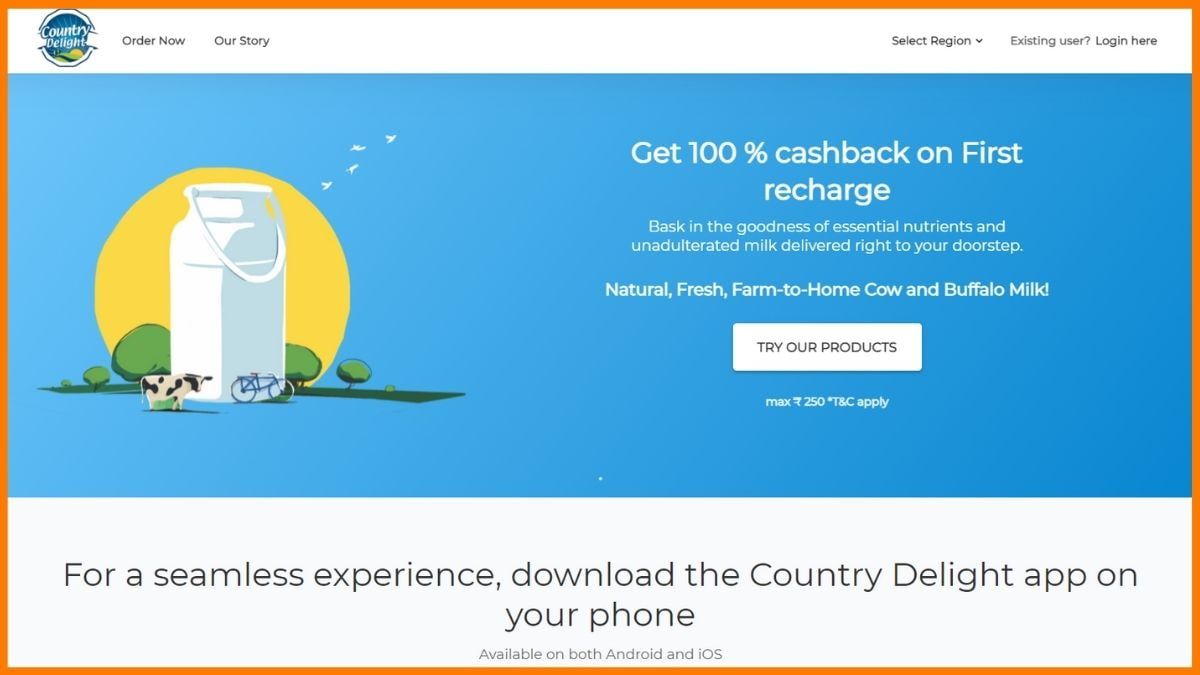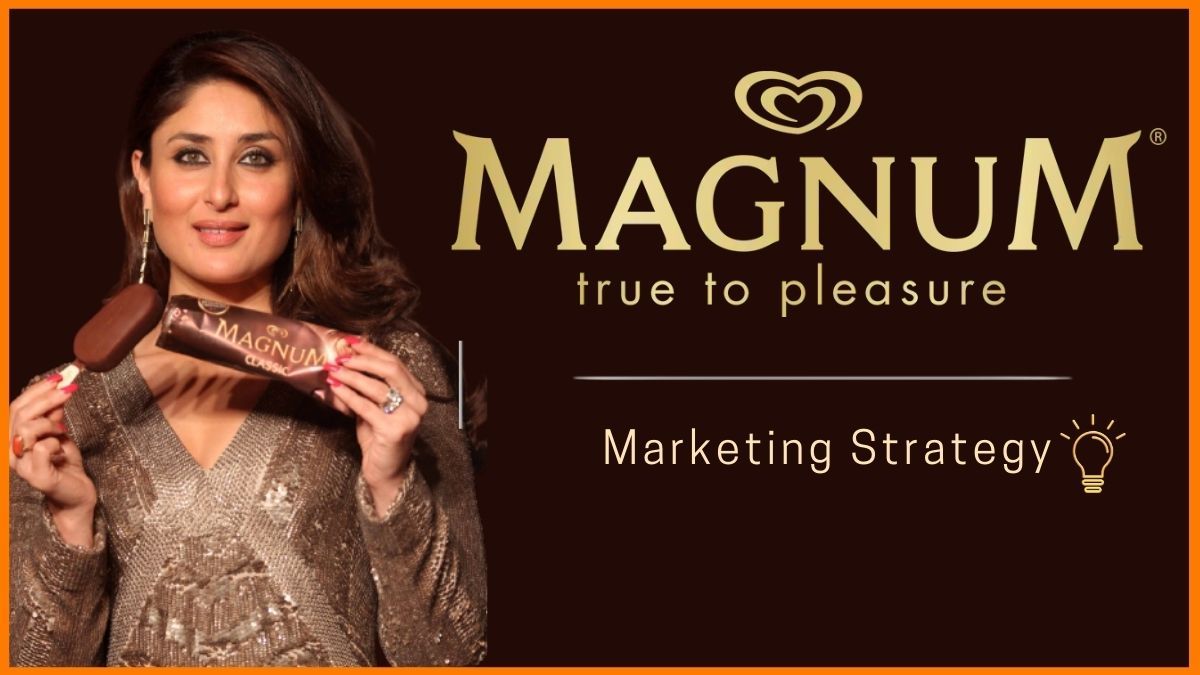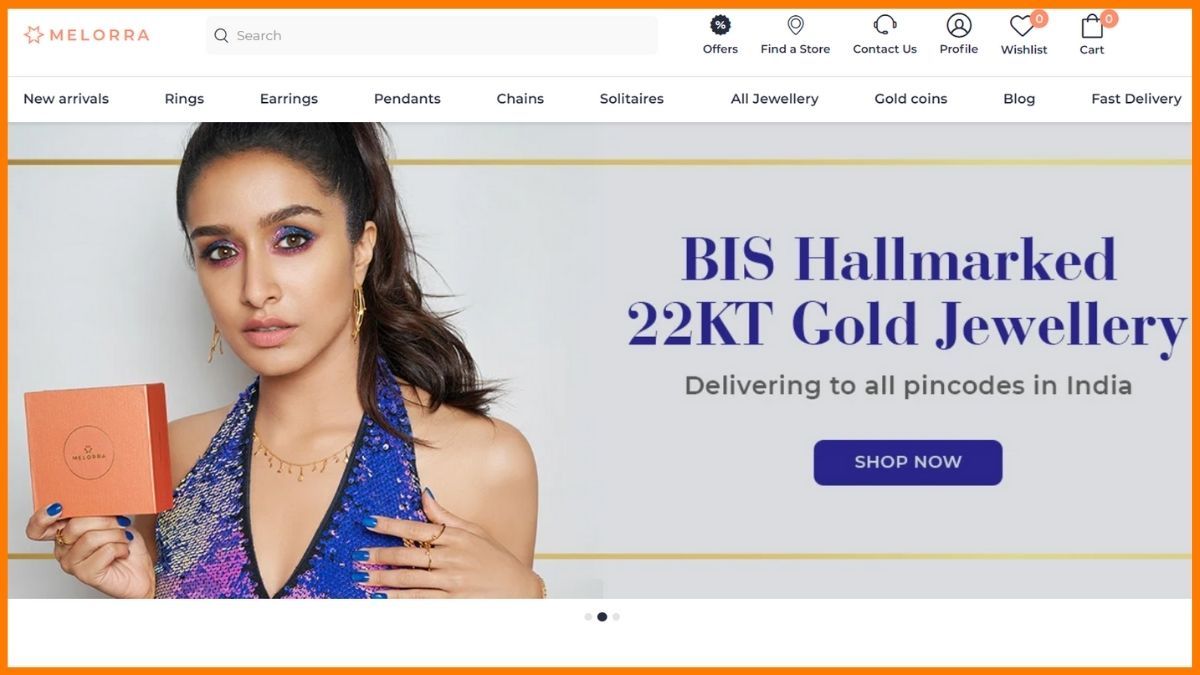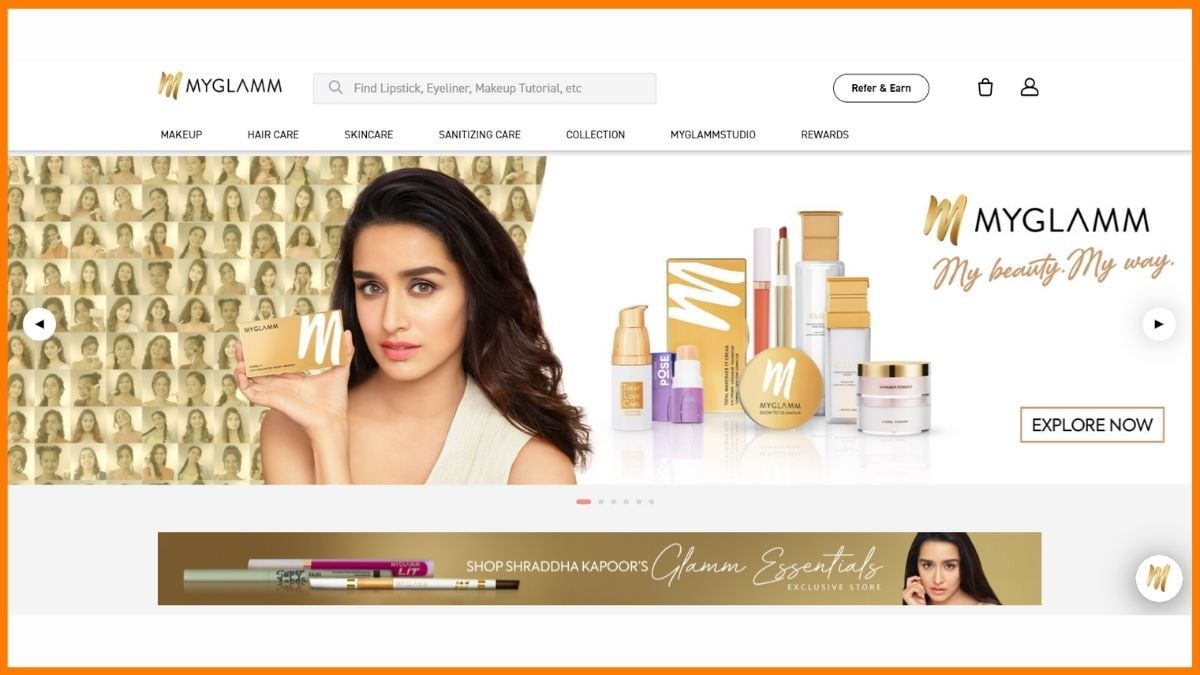Dove is an American personal care brand owned by Unilever, which has gone above and beyond the traditional purpose of selling beauty and body care products to its customers.
The company has now become a household name because of successful marketing campaigns that are devoted to women of different ages, sizes and ethnicities. Dove’s products are marketed to help individuals find their internal beauty, something that soap cannot wash away.
Dove has established a distinctive brand identity by offering a diverse range of products and executing an impactful marketing approach that sets it apart from the crowded beauty industry.
The company believes in manufacturing quality products that are cleansing and feminine, the characteristics women look for in a product. The goal of the company is to build positive self-esteem and inspire women and young girls to reach their potential.
The brand values of Dove are self-love, empowerment, and beauty, which it achieves by creating campaigns such as the self-esteem project and the Real Beauty campaigns. By implementing effective marketing campaigns, Dove has successfully established a distinct reputation and differentiated itself from the competition while simultaneously increasing brand awareness.
According to Dove, the campaigns started a global conversation about the need for a wider definition of beauty after the study proved the hypothesis that the definition of beauty had become limiting and unattainable.
In recent years, companies have come up with new ways of marketing and emotive advertising campaigns, and Dove has used this in its marketing strategy to connect with their brand on a personal level.
By introducing campaigns and projects, the company has a chance to make a range of powerful videos and images based on research projects with the aim of making women feel good about themselves. All brands should have a story to tell or convey values in their branding which can be attributed to real life.
In this blog, we will take an in-depth look at the marketing strategy of Dove, how it has evolved, and how it sets the brand apart from its competitors in the beauty industry.
About Dove
Dove Target Audience
Dove Marketing Strategy
Popular Marketing Campaigns of Dove
About Dove
Dove is a personal care brand from the United States of America and belongs to Unilever. The company was invented by an American chemist named Vincent Lamberti. The soaps of the brand have been the trademark product of Dove, which was originally from the United Kingdom.
Dove manufactures its products in Argentina, Australia, Bangladesh, Bulgaria, Brazil, Canada, China, Egypt, Germany, India, Indonesia, Iran, Israel, Ireland, Japan, Mexico, Netherlands, Pakistan, Philippines, Poland, South Arica, South Korea, Thailand, Turkey, Russia and the United States.
Dove provides a comprehensive array of products for men, women, and babies and distributes them in over 150 countries. The iconic logo of Dove features a silhouette of a bird. The brand was established in the 1960s with the launch of the Dove Bar and Dove Beauty Bar. The uniqueness of Dove’s products, specifically its claim of offering a soap that not only cleanses but also moisturizes the skin, garnered significant attention and set the brand apart from others in the market.
In the 1970s however, Dove started extending its product line after it gained a lot of popularity for being the mildest soap that is gentle for the skin. Soon enough, the brand products were highly recommended by physicians.
The initial marketing years were different as the advertisements focused on delivering authentic soaps that, unlike other soaps, moisturized skin rather than just washing it. The company then started creating advertisements that featured their customers and common women instead of models.
By the 90s, the company had grown to $200 million, and currently, the company was valued at approximately $5.4 billion in 2024. Its products are sold in nearly 150 countries. The company attributed its success to building a good reputation among women of various countries with the smart and emotional tactics used in its marketing strategies.
Dove Target Audience
The brand has launched many campaigns over the last decade to help educate and change people’s perceptions of women’s beauty. So, Dove’s products try to influence people both physically and emotionally with the positive characteristics of being friendly and outgoing. This is why the main target market or the audience of Dove is comprised of 18 to 35-year-old women who value natural beauty. This target audience is also highly engaged women who are active on digital and social media.
The target market of Dove also comes from the middle and upper class and are those who want to take extra care of their bodies. Women also prefer to buy products that have minimal to no chemical effects on their hair or bodies, and Dove fits that description.
Dove achieves tremendous reach towards the target customers via the empathetic marketing strategy. With the help of campaigns, Dove addresses the larger issues among different age groups of women and raises the brand’s position in the buyer’s eyes.
Additionally, Dove has also expanded its product offerings to cater to men and babies, broadening its target audience to include families and individuals looking for personal care products that cater to their specific needs.
Dove Marketing Strategy
Dove has more pros than cons when it comes to its product line. The pros of its products for women are its primary ingredients which are synthetic surfactants along with palm kernel and other vegetable oil and salts derived from animal fats.
While freshness and moisturizing properties are an added advantage of Dove products for women, its venture into Baby Dove has been an excellent marketing strategy. Dove’s branding strategy focuses on real beauty and self-confidence, using authentic messaging and real people instead of models to promote body positivity and self-esteem.
As one of Unilever’s most iconic brands, Dove needs constant effective marketing campaigns to stay in the beauty industry, which is already highly competitive. By using out-of-the-box campaigns and innovative advertisements in its marketing strategies since the 90s, Dove has been able to retain its market position very well.
Here’s a look at the creative and effective Dove Marketing Strategies:
- Unique and Interesting Ways of Advertising: Dove has a very unique tactic when it comes to commercials. It does not use tried and tested methods of advertising by using well-known celebrities and models, Dove uses real people or its loyal customers for the commercials. This helped the company to build its brand image, reach out to its customers, and form a connection with its audience.
Dove 7 Day Test – Dove Marketing Strategy
- Emotional Appeals and Social Causes: Dove’s marketing strategy often centers around emotional appeals and social causes, such as body positivity and inclusivity, rather than just product benefits and performance. This approach has helped the brand build a strong emotional connection with its target audience and establish a positive brand image. Over time, companies have started giving importance to people’s attitudes, especially towards the consumption patterns of their target audience. Dove’s promotion strategy centers around emotional storytelling, social campaigns, and partnerships with experts to engage audiences and promote messages of self-care and real beauty.
- Market Products That Are Healthy for the Customers: The main benefit of Dove’s products is that it is healthy and gentle for the skin. Dove offers a wide range of products that are meant to moisturize and not just to clean the skin, but good quality products are not enough as you also need to have good marketing. Dove understands how customers do not relate to unattainable standards being put out on advertisements these days, which is why the advertisements of Dove always have common people embracing their natural beauty and encouraging others to use the products as it improves not just skin but one’s self-esteem.
- Dove Makes Sure It Supports Women’s Empowerment: The main aim of Dove’s marketing strategy is to promote real beauty among women to represent women of different colours, countries, ages, etc. This is why the company comes up with many marketing campaigns that try to break the beauty stereotypes that are portrayed in the media and create a more inclusive version of beauty in the media. Dove believes in promoting beauty in its purest form to show that everyone is beautiful without makeup or picture-perfect bodies. This has become a compelling social mission of Dove to build women’s self-esteem ever since. This approach has been effective in building trust and credibility with its target audience, as well as in appealing to a wider demographic.
- Dove Digital Marketing Strategy and Social Media Marketing: Dove has leveraged digital and social media platforms to reach its target audience, engage with them, and build brand awareness. The brand’s campaigns on social media often go viral, generating significant exposure and driving sales.
- Unique Product Offerings: Dove has offered a range of unique and innovative products that cater to specific skin care needs, such as its “Dove DermaCare” line for women with curly hair, setting it apart from its competitors.
These creative and effective marketing strategies have helped Dove establish a strong brand image and drive sales, making it a leading brand in the personal care industry.
Popular Marketing Campaigns of Dove
Dove has managed to create a unique and record-breaking campaign that has won the hearts of its customers over and over again. The company has been able to accomplish its success by investing in thoughtful, emotion-driven, empathic and sophisticated marketing strategies. Because of this, Dove has transformed from making campaigns that were activity-based to stunt marketing or large content creation.
The campaigns of Dove have always been conventional and thought-provoking. The campaigns below continue to reinforce Dove’s brand positioning while providing more advertisements that the audience can interact with and relate to.
These are some of Dove’s most notable marketing campaigns that helped the company to stay on top of the beauty industry for years:
Choose Beautiful Campaign
Dove started the #ChooseBeautiful Campaign, whose main focus was to help women embrace their own natural beauty and unique selves. In order to make a video on this concept, the company reached out to women from five different cities (Shanghai, Delhi, London, Sao Paulo, and San Francisco) around the world and tried researching the different cultures and how it influences the choices women made when it came to buying products to their bodies.
In this campaign, a survey was held where it had two signboards depicting “Average” and “Beautiful” put on gateways of shopping centres to see how women of these cities consider themselves.
Dove Choose Beautiful Campaign
The campaign showed some women confidently entering through the “Beautiful” door while most others entered through the “Average” door. In the end, the women were interviewed on why they thought they were average when asked again whether they would choose “beautiful”. The women confidently moved through the “Beautiful” door with a smile.
The Real Beauty Campaign
Dove launched the iconic Real Beauty Campaign in 2004 that aimed to change, educate and inspire women on the actual definition of beauty and to make them feel comfortable in their own skin.
The pictures of regular women instead of the professional models were put up on billboard advertisements with messages inviting viewers to vote on whether a woman was “Fat or Fab” or “Withered or Wonderful” with the results to be displayed on the billboards.

Another experiment that was part of this campaign was in 2013 where FBI-trained Forensic artist Gil Zamora came for the campaign of Dove’s Real Beauty sketches where he made two sketches of each woman, one as described by the woman herself and another described by another person.
When he revealed two sketches, it was shown that the one described by another person was happier and fresher, which made the women emotional and conscious about the fact that they were more beautiful than they saw themselves as.
The result of the experiment showcased how more than 80% of the women were not comfortable with their bodies. The video of this experiment got more than 50 million views within 12 days.
Sales for Dove jumped from $2.5 to $4 billion within the ten years of its release. The Real Beauty campaign also won two ad awards to this date which is because it portrayed how women have to deal with unrealistic beauty standards while addressing the insecurities that women had to face. It brought a higher purpose to the brand and resonated with customers on several levels.
The Ad Makeover Campaign
Dove created an ad makeover campaign with interactive elements so women can change the way advertisements portray beauty. Users can regard negative things about ads such as weight loss or cosmetic surgery with positive messages designed by Dove.
Dove went one step further by searching for ads that had words with negative connotations such as Plastic surgery, Holiday, I hate my body, Bikini, Gym, or Diet.
Then Dove gave these ads a makeover by just replacing these words with good and positive ones, so none of the ads with these words can be shown. These advertisements went viral on Facebook as they spread the message of self-love.
Dove Ad
Over the span of a few years, over 171 million positive banners were displaced and reached 5.5 million unique women users. Over 70% of the women responded that they felt more beautiful through the campaign.
The #ShowUs Campaign
In the #Showus campaign, Dove partnered with Getty images in 2019 to create the world’s largest photo library which was to be created by women who wanted to change the stereotypes of beauty and show women on what real beauty was.
Dove #ShowUs Campaign
This campaign features more than 500 images of 179 women from various countries and was also photographed by 116 female and non-binary photographs. This project was the winner at the 2019 Cannes Silver Glass: The Lion For Change as it allowed everyone to use the images and join the movement of empowering women.
#DetoxYourFeed

The campaign aims to educate young people about the impact of social media on self-esteem. With many spending a significant amount of time online and being exposed to unrealistic beauty standards, the initiative provides videos and educational resources to help boost self-confidence and reduce anxiety and stress caused by social media.
A short video was also created to guide parents and caregivers on how to talk to their children about the negative effects of social media. Additionally, a virtual event featuring a psychotherapist was held to discuss this important issue.
Conclusion
Dove has managed to remain at the top of the beauty industry by coming up with unique, emotional, empathetic marketing strategies. Through thoughtful campaigns, Dove has managed to make a change by making women feel confident and comfortable in their own skin and has successfully made women around the world feel beautiful in the way they are.
By truly understanding and capturing consumer concerns and executing campaigns with distinguished content, unlike other beauty companies Dove is able to maintain a representative for “real beauty” and empower women worldwide.
FAQs
What is Dove’s target audience?
The main target audience of Dove is comprised of 18 to 35 years old women that value natural beauty.
What is the history of Dove’s marketing strategy?
Dove’s marketing strategy has evolved over the years, with a focus on promoting positive body image and self-esteem for women. The brand’s “Real Beauty” campaign, launched in 2004, marked a significant shift in this direction.
Who is the manufacturer of Dove?
Unilever is a British multinational company that owns the beauty brand Dove.
What makes Dove unique?
Dove does not use celebrities in its campaigns it uses real people which makes it stand out among other beauty brands.
What are some of the key elements of Dove’s marketing strategy?
Dove’s marketing strategy emphasizes emotional appeals, social causes, and empowering messages aimed at women. The brand often uses real women of diverse ages, sizes, and ethnicities in its advertising to promote body positivity.
How are dove beauty products different from other companies?
Dove products are different as they also moisturize the skin than just washing it.
How has Dove’s marketing strategy changed over time?
Dove’s marketing strategy has become increasingly inclusive and socially conscious over the years. The brand has expanded its focus beyond just body image to address issues like aging, skin care, and underrepresented communities.
What is the mission of Dove campaigns?
Dove’s campaign aim in bringing out the self-esteem in women, to feel beautiful in their own skin and to break stereotypes.
How does Dove’s marketing strategy compare to those of its competitors?
Dove’s marketing strategy stands out among its competitors by focusing on social causes, emotional appeals, and inclusivity. While other personal care brands may prioritize product benefits and performance, Dove’s marketing emphasizes the emotional and social impact of its products.












